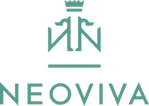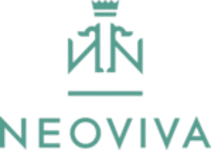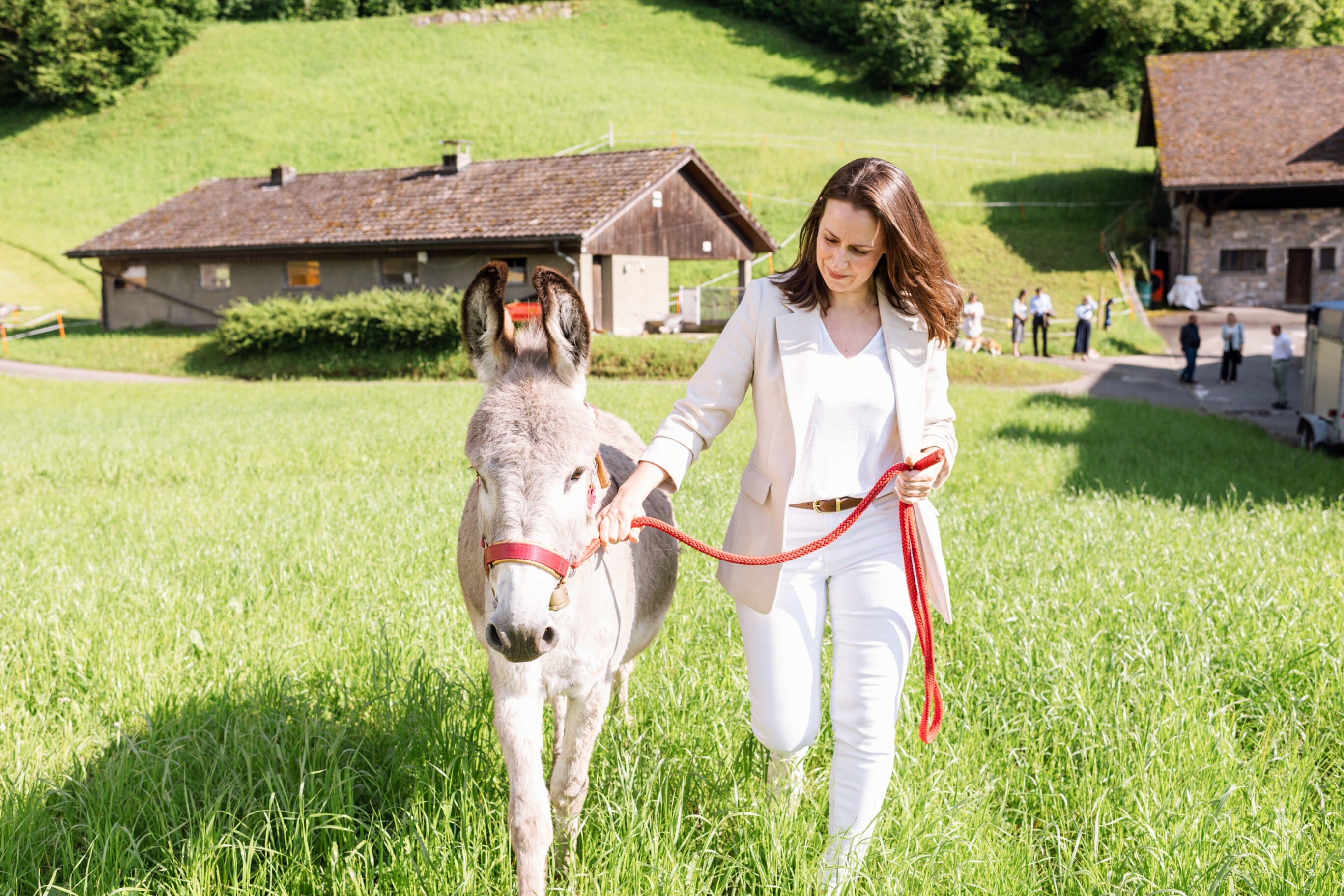At first glance, Mayte Parada’s story appears to be that of a dedicated academic: degrees in neuroscience, years spent in animal research labs, and a prestigious postdoctoral fellowship focused on studying human sexual function and the brain. But behind her impressive credentials lies a steady, human-centred purpose: understanding what drives behaviour and helping people reconnect with themselves.
As the Clinical Lead at NEOVIVA, Mayte is far more than her title. She’s a neuroscientist-turned-therapist with an artistic streak. She has a sharp, enterprising mind and a deep heart. In her work, she fuses research and compassion into a clinical philosophy that sees addiction not as a moral failure but as a complex human struggle rooted in story, systems, and survival.
Mayte is the pulse of a new kind of recovery philosophy. She is, in her words, “a bridge.” Between research and practice. Between chaos and calm. Between the science of the brain and the story of the person.
From labs to lives: the winding path to purpose
Mayte’s career didn’t begin in a therapist’s office. It began in a lab, observing maternal behaviours in rats. With a PhD in behavioural neuroscience and a postdoc focused on sexual function and the brain, her work was rooted in understanding behaviour through the lens of biology. She spent years exploring the deep interconnection between the brain and behaviour. Yet something was missing.
She recalls her transition from animal models to human subjects, studying the neural correlates of arousal via fMRI, only to feel the limits of research: “I couldn’t go any further with them… I wasn’t a clinician. Participants were asking questions I couldn’t answer.”
“I realised maybe I can do more here. I have a good research background. I have a good understanding of the brain and behaviour. If I complete the clinical part, I might have a well-rounded approach to therapy.”
This was the pivot point.
Drawn to the stories behind the data and disheartened by the lack of professorship opportunities in the academic world, Mayte once more returned to university to pursue clinical training. “I’ve been in school forever,” she laughs. But it paid off. With licenses in Canada and Switzerland, she’s found her calling in direct human connection, helping people rewrite their behavioural narratives.
A pandemic pivot and the move to NEOVIVA
After starting her therapy career in Montreal, Canada, the COVID-19 pandemic reshaped everything. Her partner, a biologist, , received an opportunity to work for Hoffman-La Roche in Switzerland. “The world was on pause. I was unable to see clients face to face, so we took the leap,” she says. “I didn’t speak the language. I couldn’t work immediately, but we went.”
That leap turned into a landing. After eventually becoming licensed to practice in Switzerland, she saw that NEOVIVA, an international addiction clinic, was hiring. “They were looking. I was looking. It just worked,” she says with a smile.
Leading with empathy and connection
At NEOVIVA, Mayte discovered something rare: a chance to combine her scientific background, systemic therapy training, and human instincts in a role that touches every aspect of the client experience. Starting as a therapist, she now leads the clinical team and has helped design new programmes.
Her leadership style is as integrated as the clinic’s approach to addiction. “I am the connection between the therapists, the recovery counsellors, the medical team, and the management. We all need to be in constant communication. The clients see that. It matters.”
And that approach pays off. Mayte recalls a former client who came to NEOVIVA bristling with resistance, entitlement, and anger. “He was horrible to work with,” she admits candidly. “But we didn’t give up on him. We kept showing up as a team, even when he pushed back.”
Two years later, he returned clean, grateful, and transformed. “He cried. He apologised. He thanked us for not turning away from him. That’s the moment you realise this work matters.” Clients can split a team, so communication is crucial, she explains.
Treating the whole person
Quick to dismantle the idea of a one-size-fits-all method, Mayte says, “Addiction isn’t just one thing. It encompasses medical, social, psychological, and relational aspects. If you only use one model, you miss everything else.”
At NEOVIVA, addiction is never treated in isolation. It can’t be. “The addiction might be what brings people in,” Mayte explains, “but it’s rarely the only issue. There’s trauma, loss, disconnection, family dynamics. All of it matters.”
That’s why NEOVIVA’s approach is comprehensive. The treatment model reflects the complexity of addiction. Clients receive intensive daily therapy in a real-world setting. The clinic is set in a functioning hotel with guests, events, and even wedding parties. “The design is intentional. Real-life triggers are here, and that’s the point. We can help clients learn how to cope while they’re in the middle of it.”
Group therapy plays a central role not just in fostering insight but also in promoting connection. “Our clients come from all over the world. They are CEOs, musicians, high-profile people, and younger adults from hugely wealthy families. These are people who would never meet otherwise. But they find common ground here. They push each other. Sometimes, they save each other.” This sense of community is a powerful tool in the recovery process, she explains.
Mayte works closely with the clinic’s recovery counsellors, who she says are a vital part of the clinic’s treatment approach. They are the people in the team with lived experience who bring authenticity and insight, she says. “Clients sometimes trust them first. Clients might say to the therapist, ‘You don’t get it; you’re a therapist.’ But the recovery counsellors help steer clients to accept that the therapy is necessary, saying, ‘I’ve been there. I had to do therapy, too.’ That validation is powerful.”
Women and recovery
Mayte is especially passionate about the new Women’s Programme at NEOVIVA, which she helped to design and bring to fruition.
“There isn’t enough out there for women,” she explains. “They face more stigma, more barriers, and more judgement, especially if they are mothers or professionals. Women feel they have more to lose,” she says. “This programme is about acknowledging that and giving them space to be seen.”
The programme integrates hormone evaluation, gender-sensitive therapy, and a balance between individualised care and social exposure. It’s another example of Mayte’s belief in treating people, not just problems.
It’s not about separating women from the rest of the programme, she notes. “Sometimes, the work is about learning to relate again, whether it’s with men, family, or the self.”
Where science meets soul
Despite her professional expertise, Mayte remains remarkably down-to-earth. She speaks about boundary-setting, not as a buzzword but as an everyday necessity. “I try to keep work and home life separate. I live an hour and a half away, and that physical distance helps. I go hiking. I travel. I talk to a supervisor. That’s essential for every therapist.”
Creativity also plays a role. Mayte has a background in the visual arts and continues to dabble in photography and design. “I used to build websites for other psychologists. I know what they want to convey.”
This blend of precision and artistry also finds its way into her clinical work. She’s championed the integration of art therapy, equine therapy, and other non-verbal modalities into NEOVIVA’s treatment plans. “Some clients don’t respond to talk therapy alone. That’s okay. There are other ways in. Sometimes, a horse reaches them in ways I can’t.”
Realistic, resourceful, and resilient
If there’s a theme to Mayte Parada’s story, it might be resourcefulness. Despite her credentials and experience, Mayte doesn’t claim brilliance, just persistence. “I’m not the smartest person in the room,” she says modestly, “but I will always find a way. I try to find ways through problems.” It’s a mindset that has taken her from Canada to Switzerland, from neuroscience to therapy, from postdoctoral work to Clinical Lead.
Quiet impact
At the heart of Mayte is the quiet virtue of humility. She doesn’t seek the spotlight or dream of changing the world. Ask her about legacy, and she demurs, “I don’t need to leave a mark. If I can help one person change their life, if I can be part of that process, that’s enough.”
The truth is, she already has. At NEOVIVA, in the lives of her clients and among her team, Mayte’s impact is not loud but lasting and woven into every brave recovery story she helps write.




0 Comments